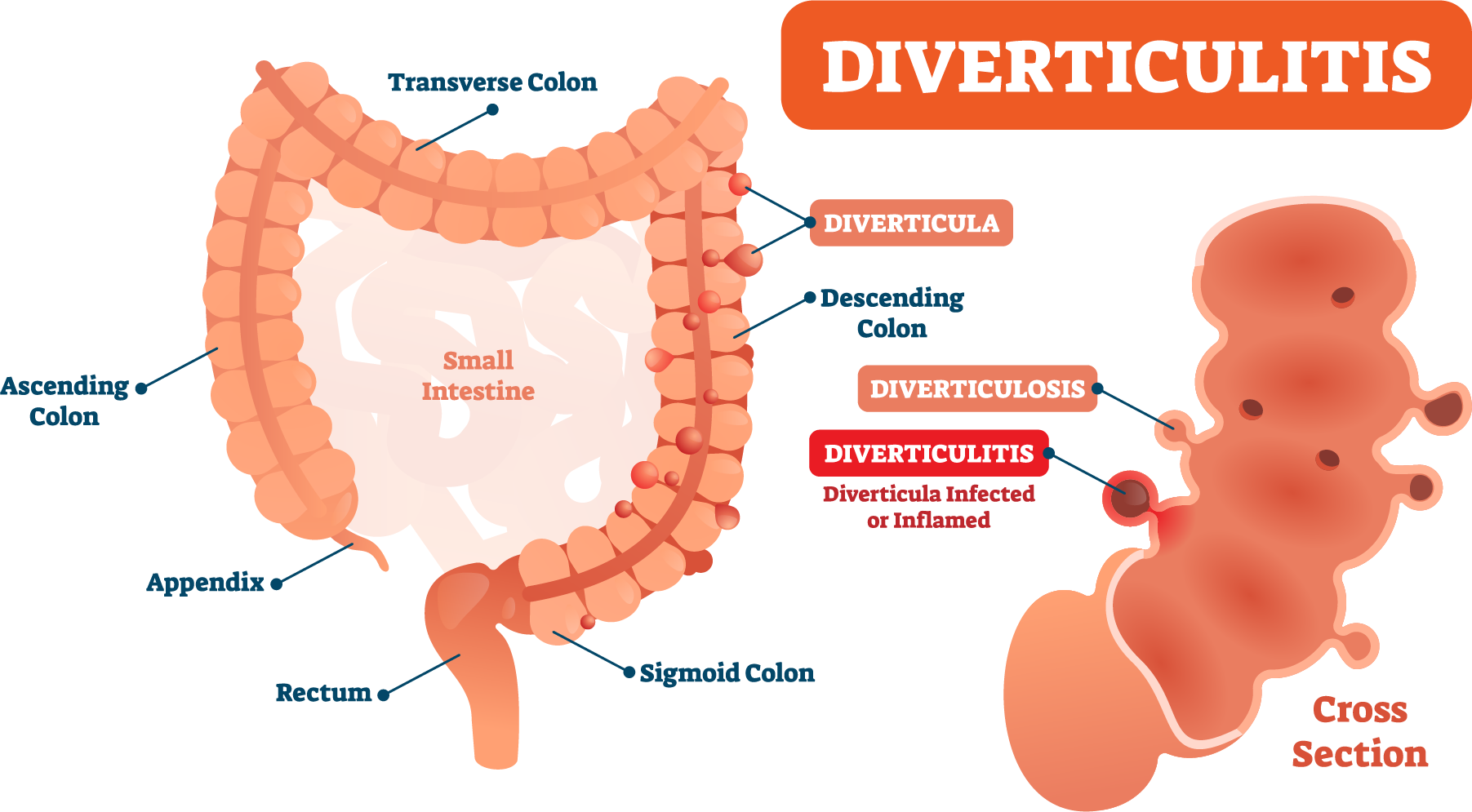Skin Hydration Beauty Tips for Living with an Ileostomy
BY ELLYN MANTELL
As a self-avowed makeup and skin care junkie, I strongly believe that looking good is greatly related to feeling good. In fact, makeup and attention to my skin has helped me to get through the years of misery that led to my eventual ileostomy four years ago. As I reflect back, I remember asking my husband to search my handbag for lip gloss when visiting me in the hospital with peritonitis, as soon as I was brought into my room post-surgeries and the like. As soon as I felt well enough to walk around my house, I was applying my skin care regimen and blush, so everyone knew I was fighting my way back. My suitcase, always at the ready for another surgery, contained my stash of the perfect lip color to brighten my pale face for visitors, including my physicians making early morning rounds. Somewhere along the way, I recognized that my ability to heal had a great deal to do with the colorful smile I could put on my face!
It is my belief that although we ostomates can live a very full and fulfilling life, some things will just take a little extra attention, and looking our best may be one of those areas. With that in mind, I am planning on contributing information about beauty and fashion, and have named my blog/post/column Beauty and the Ostomy! Look for it in the next Phoenix Ostomy Magazine. In our case, the ostomy is not “the beast” but the beautiful incarnation of our body to heal itself and our spirit, and our appreciation of our stomas is parallel to Belle’s appreciation for her Beast!
What does an ostomy do to our system that impacts our facial appearance, you may be wondering? I believe that our loss of fluids, particularly for ileostomates, is major, so we need to talk about moisture and hydration. Although I am always looking for new products to rejuvenate and enhance the aging skin, I am very aware that all ostomates need to be mindful of how to get well-needed moisture and hydration into the skin, regardless of our age.
From childhood, my skin has always been on the dry side, and I accepted that reality into adulthood. But a very lovely aesthetician informed me that with proper treatment, I could have much healthier skin, since skin that holds moisture, has more of a chance of fighting illness. The glow of healthy skin reveals a canvas ready to be painted or just admired by itself. Whether valid or not, I became determined to make some important changes, and I truly believe good skin care yields results, and that is wonderful!
How Do We Absorb this Very Valuable and Sometimes Unattainable Moisture?
Like anything worth doing, there are steps to absorbing moisture. First, we must drink lots of fluids, primarily water. Many beverages do not add hydration, and may even leach hydration from our bodies. Some believe coffee, tea and soft drinks are culprits. I believe, however, that in moderation, they are fine, as long as lots of water is added to the daily diet. I love hot water, with or without lemon, and drink it all day, along with cold water, with or without lemon. UOAA’s Diet & Nutrition Guide even has recipes for hydration drinks and more ostomate specific information. You may be interested to know that fatigue is lessened, especially midday, by binging on water, rather than a fattening treat.
In caring for our skin, ostomates should use a gentle cleanser most nights, but 2-3 times a week, an exfoliant is a great addition to the routine. The exfoliant can be chemical (vitamin c or acids) or natural, such as grainy or mealy. The skin will glow and the new soft skin will let you know your skin is ready to receive moisture!
Serums are a vehicle of introducing treatment to the skin, and can add vitamins, minerals, usable acids, etc. Every day I read more and more about the addition of serums to beauty regimens, and since they are light and easy to apply, I use them morning and night.
Next, we need to use moisturizing products, and there is a myriad from which to choose. Lotions are lightweight, and wonderful for younger skin, which requires less hydration and may be producing much-needed oils, whereas creams are recommended for the aging skin.
Lastly, sunscreen every day, and oh, by the way, sunscreen, even when it is cloudy! The debates go on about what is the appropriate designated number of SPF (Sun Protection Factor) but my sources tell me 30-70 is best, taking into consideration that any less than 30 isn’t worth the product, and any higher number than 70 is just loading on more chemicals. And if we are in the sun for a long period of time, we should reapply as the day goes on. Be sure to wash off sunscreen and all makeup before bed, apply a night cream for optimal hydration…and let your skin breathe and rebuild during sleep!
(editor’s note: Peristomal skin issues are a whole different issue beyond beauty regiments and critical to medical wellbeing the link above has more information on that topic.)
Please write to me at ellynmantell@aol.com with any beauty and fashion questions you have. I am very interested in what interests YOU!




